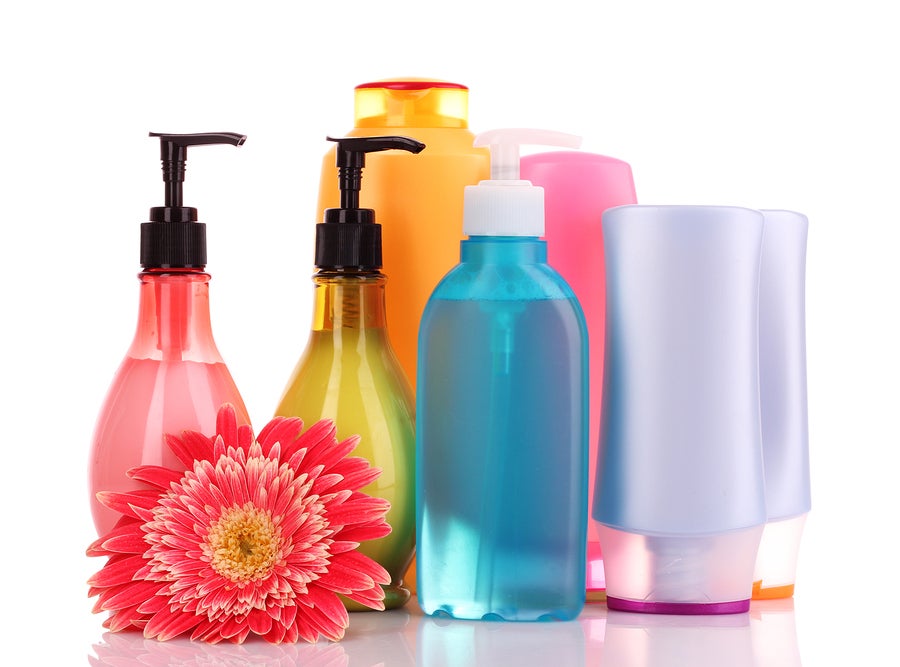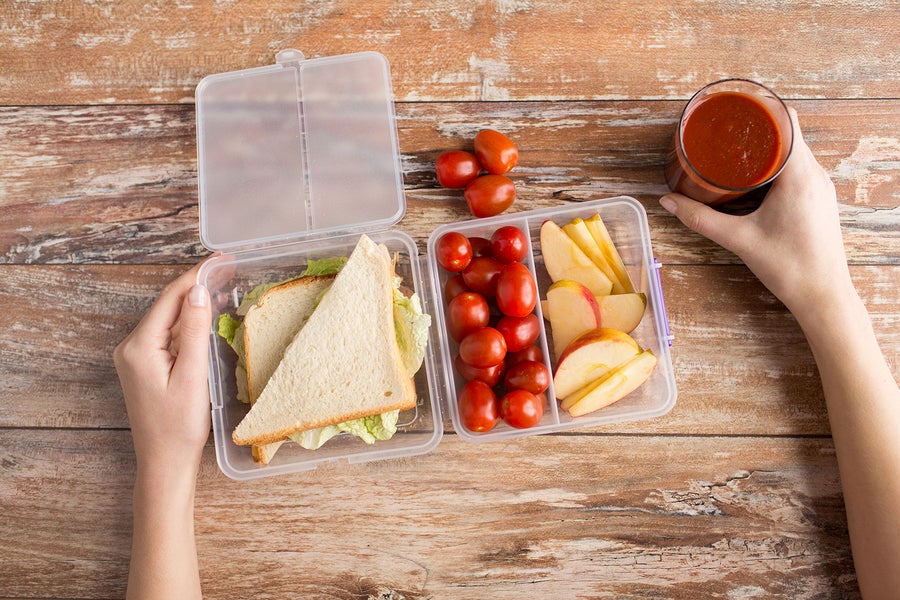4 Everyday Chemicals That Can Impact Fertility
Uncategorized
It’s hard enough overcoming infertility without everyday household items slowing down your babymaking progress. If you’ve been trying to conceive for several months and not getting those tell-tale two lines on your pregnancy test, you may want to consider avoiding the following chemicals:
1. The Culprit: Perfluorinated Chemicals (PFCs)
Where It’s Found: Certain fabrics, paints and polishes, carpets, cleaning products
You read that right: PFCs in your carpet may be slowing down your fertility progress. But don’t tear it up just yet — studies show that women with a higher level of PFCs in their blood tend to wait longer to get pregnant, but it doesn’t mean that pregnancy doesn’t happen. And unfortunately, PFCs aren’t chemicals you can easily avoid. General environmental exposure poses a greater issue to your fertility than routine use of consumer products.
While you probably can’t be completely PFC-free, it makes it that much more important to take other health precautions (like eating a healthy diet and getting your folic acid) when you’re trying to conceive.
2. The Culprit: Bisphenol-A (BPA)
Where It’s Found: Plastic containers, including reusable water bottles, food storage containers and plastic bags
Warnings about BPAs are so commonplace now that you may have already heard of this common endocrine disruptor. Reproduction is a complicated orchestra of different hormones doing just the right thing at just the right time, and BPAs change the way those hormones function, making it harder to get pregnant and carry a pregnancy to term.
Unlike PFCs, however, BPAs are much easier to avoid. Look for plastic products that say “BPA free,” use glassware in the microwave and for other hot foods, and avoid canned foods while you’re trying to conceive.
3. The Culprit: Phthalates
Where It’s Found: Body care products, like shampoos and deodorants, certain medical devices, some plastic containers, vinyl dust

Not just a pain to pronounce, phthalates can cause fertility issues in men. A year-long study following 500 couples trying to conceive found that men with the highest blood level of phthalates were 20% less likely to get their partners pregnant. As with BPAs, you can reduce your phthalate exposure by looking for household products that say they’re phthalate free, paying particular attention to your personal care products.
And one more thing: many of those phthalates turn up in household dust, so make sure you’re dusting regularly (and wear a protective mask when you do!).
4. The Culprit: Personal lubricants not designed for couples who are trying to conceive.
Where They’re Found: In your bedroom.
While lube makes sex wetter and so much better, the type of lube you use could be postponing your plans for baby. A woman’s cervical fluid creates the perfect pathway for sperm to swim up to the egg, but using the wrong lube can create an environment that makes it difficult for sperm to make their long journey.
That’s why it’s important to use a personal lubricant like ASTROGLIDE TTC, which is specially formulated to be similar to the PH and consistency of your cervical fluid. Studies show that ASTROGLIDE TTC allows sperm to move freely, so you can have wetter, more comfortable sex while you’re trying to conceive.
Trying to conceive can be a long, difficult journey for some couples, but it comes with the ultimate reward.
So grab your TTC lube, turn up the slow jams and make a night of it!
To learn more about your fertility, read what our expert physician has to say about trying to conceive, including the questions you should ask your doctor and everyday activities that affect fertility.
Images are for illustrative purposes only.

